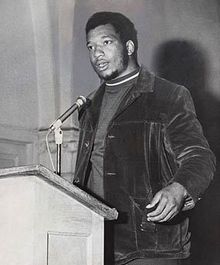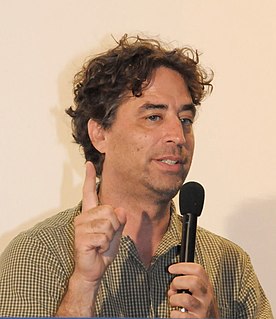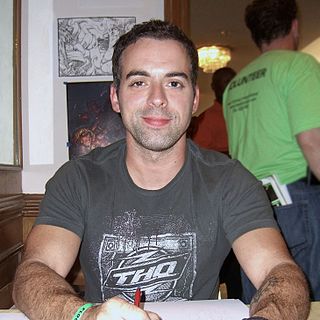A Quote by Vivienne Westwood
I have always loved the Mao cap, though I hate violent revolution.
Quote Topics
Related Quotes
Not only did Mao Zedong Thought lead us to victory in the revolution in the past; it is - and will continue to be - a treasured possession of the Chinese Communist Party and of our country. That is why we will forever keep Chairman Mao's portrait on Tiananmen Gate as a symbol of our country, and we will always remember him as a founder of our Party and state. Moreover, we will adhere to Mao Zedong Thought. We will not do to Chairman Mao what Khrushchev did to Stalin.
In the last couple of years before Chairman Mao's death he said that the "Cultural Revolution" had been wrong on two counts: one was "overthrowing all", and the other was waging a "full-scale civil war". These two counts alone show that the "Cultural Revolution" cannot be called correct. Chairman Mao's mistake was a political mistake, and not a small one.
The word 'revolution' first brings to mind violent upheavals in the state, but ideas of revolution in science, and of political revolution, are almost coeval. The word once meant only a revolving, a circular return to an origin, as when we speak of revolutions per minute or the revolution of the planets about the sun.
A revolution is bloody. Revolution is hostile. Revolution knows no compromise. Revolution overturns and destroys everything that gets in its way. And you, sitting around here like a knot on the wall, saying, “I’m going to love these folks no matter how much they hate me.” No, you need a revolution. Whoever heard of a revolution where they lock arms, as Reverend Cleage was pointing out beautifully, singing “We Shall Overcome”? Just tell me. You don’t do that in a revolution. You don’t do any singing; you’re too busy swinging.
in the nineteenth year and the eleventh month speak your tattered Kaddish for all suicides: Praise to life though it crumbled in like a tunnel on ones we knew and loved Praise to life though its windows blew shut on the breathing-room of ones we knew and loved Praise to life though ones we knew and loved loved it badly, too well, and not enough Praise to life though it tightened like a knot on the hearts of ones we thought we knew loved us Praise to life giving room and reason to ones we knew and loved who felt unpraisable. Praise to them, how they loved it, when they could.
I didn't know what hate felt like, not the hate that comes after love. It's huge and desperate and it longs to be proved wrong. And every day it's proved right it grows a little more monstrous. If the love was passion, the hate will be obsession. A need to see the once-loved weak and cowed beneath pity. Disgust is close and dignity is far away. The hate is not only for the once loved, it's for yourself too; how could you ever have loved this?
So far as Chairman Mao's own hopes were concerned, he initiated the "Cultural Revolution" in order to avert the restoration of capitalism, but he had made an erroneous assessment of China's actual situation. In the first place, the targets of the revolution were wrongly defined, which led to the effort to ferret out "capitalist roaders in power in the Party". Blows were dealt at leading cadres at all levels who had made contributions to the revolution and had practical experience, including Comrade Liu Shaoqi.






































